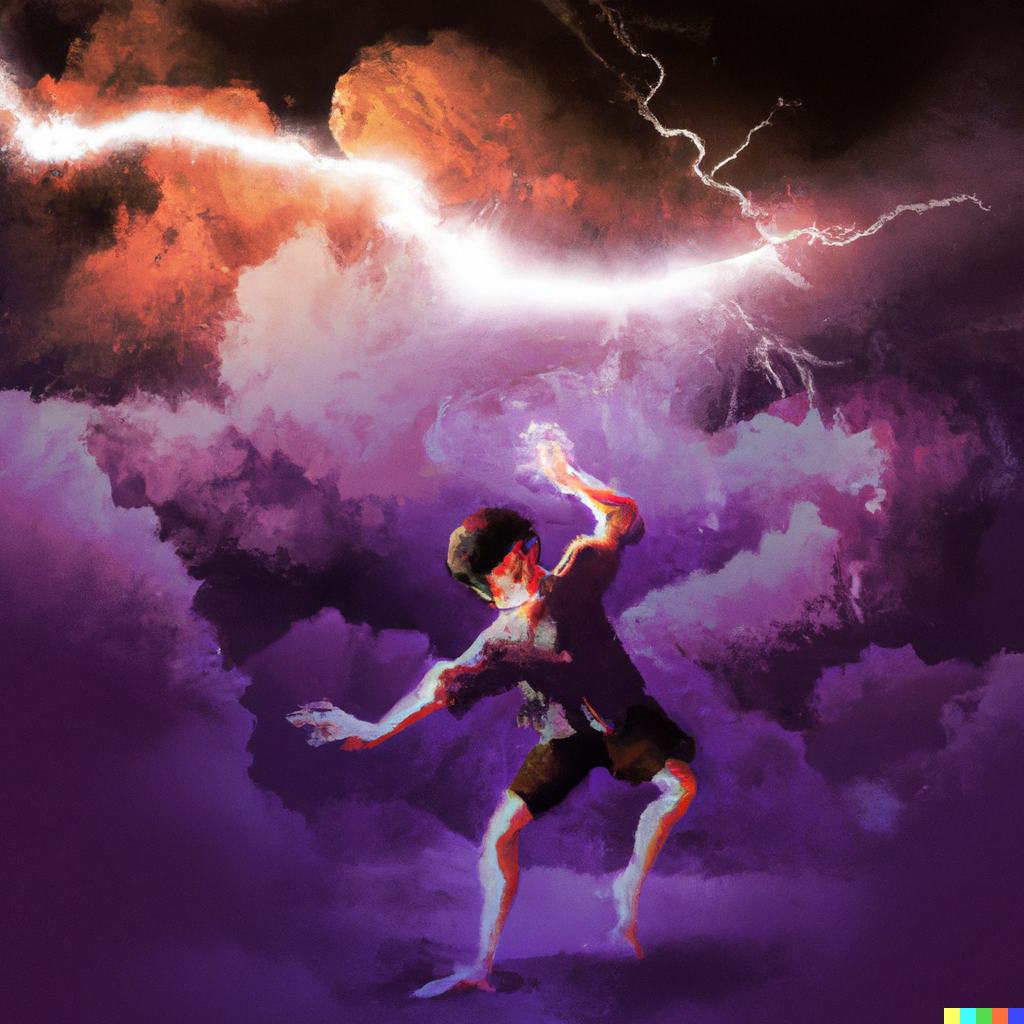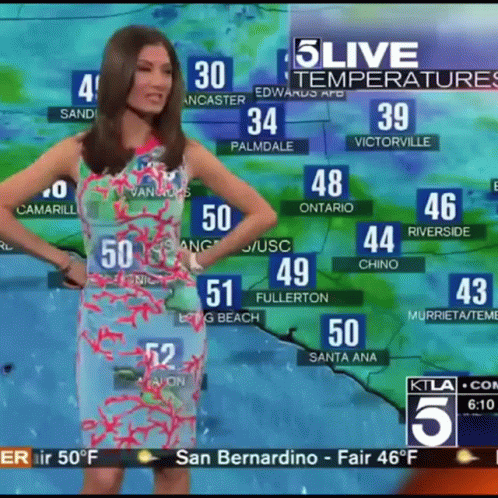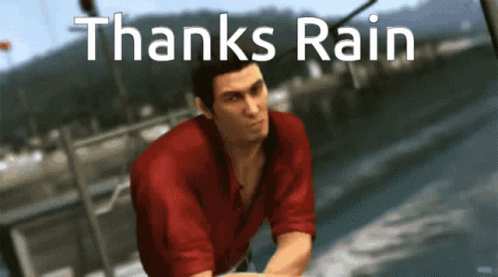Why You Should Do A Rain Dance

Appreciating a rainy day is an art - or rather, a superhuman skill only available to people from the regions around Seattle, the entirety of the British Isles, and wherever it's currently monsoon season. Having grown up in Western New York, where it's cloudy 86% of the year and "crazy weather, huh?" is a good line when making small talk, I'm thoroughly over the drizzle.
Nearly every conversation I've had about the weather, I've had unwillingly.
Today is a rainy day, and I'm not a fan. I had many plans today - hitting the gym, taking a walk in the park, maybe seeing a friend or two - but as soon as I woke up and saw gray skies, I climbed back into bed.
I've noticed that so much of my mood depends on what happens around me - the people I'm with, the media I consume, and how generally pleasant the environment around me is. I suspect it's not just me who deals with this - I once saw an acquaintance post her groutfit on Instagram because she dressed according to the weather.

We don't generally ask for rain - it's not part of our modern psyche. It's perceived as a negative thing, seen in phrases like "don't rain on my parade" or "a storm is brewing." Like rain or snow falling from the sky, some things just happen to us. But having been through a difficult couple of months (and still going through it), I've been reflecting on how I can start to embrace the rain in my life and learn to be grateful for it.
It's easy and popular to hate rain, which shows how disconnected our modern society is from being in harmony with our environment. We don't do a good enough job of managing our existing rainfall in modern society: we've covered the land in non-permeable asphalt, which prevents water from draining down into the earth, making our floods worse and our reservoirs dry. But even with our modern distaste for rain, we can still see that IRL rain has three functions:
- Rain allows us to grow food.
For the entirety of civilization, rain allowed us to grow food. As I've learned from watching farming reality TV, farmers always gripe about the weather because rain is the most significant factor in determining the size of the harvest every year. Not having enough food to go around has, quite literally, destroyed empires.
- Rain cleanses our environment.
This isn't the first thing that comes to mind, but most people do enjoy the smell of the air after it rains. Part of that is petrichor, but also due to the fact that the rain captures the dust, debris, and pollutants in the air and forces them into the ground, ideally trapping them in the natural filters of the water table.
- Rain forces us to find shelter.
When it's wet out, our reaction is to stay indoors because most things are just cozier in the rain. Failing that, we have to brave the elements and make our own shelter: the global umbrella market is an $8.8 billion industry. No matter where someone lives - a city, a farm, or Scranton, Pennsylvania - everyone can appreciate this.
There's literal rain, and there's metaphorical rain. The common theme for both types of rain is the fact that rain is outside our control. Even if we try seeding clouds, we can't meaningfully make it rain anything but dollar bills. Understanding that helps to go deeper and see the counterparts of metaphorical rain:
- Rain allows us to grow food. Accepting that things outside of your control are necessary for your sustenance is a vital part of surviving in the world - especially if you're concerned with being honest or humble as a human.
- Rain cleanses our environment. It may not be pleasant at the moment, but after whatever we're going through ends, we'll be in a better place filled with sunshine and fragrance.
- Rain forces us to find shelter. We can choose to view the things that happen without us asking for them as a cosmic wake-up call to find those parts of our life that aren't going to wash away in a storm but rather are permanent and dependable - and then inhabit them.
Starting to accept that there are things outside my control, that my situation will be better in the end, and that I should use this time to find the activities, people, and ideas in my life that I want to keep around is how I've started to embrace the rain in my life and learn to be grateful for it.

It isn't easy to do this, and I'm still learning to fully adopt this mindset. Sometimes you can't quite keep up when things are outside your control. In this situation, the only thing we can do is a rain dance.
In my spiritual tradition, the story is told of a queen who prayed for disasters to rain down upon her because those disasters kept her grounded in her service. I don't know if I'm willing to search out disaster, but there's something to be said for leaning into the skid.
And I think that's the point of the rain dance. It's not just the Native American ritual - a rain dance is a sacrifice, an investment of time and energy into something not guaranteed to reciprocate. Sacrifices aren't easy because they require us to serve selflessly, to consistently ask the question: "How can I be of service?" This question allows us to be prepared and embrace the unwelcome guest rather than being surprised by its arrival.
Going ahead and doing that rain dance helps us see the silver lining in the clouds and the benefits of what we're going through. Otherwise, we're just going to get caught in the rain.
Happy to be here,
-Sid




